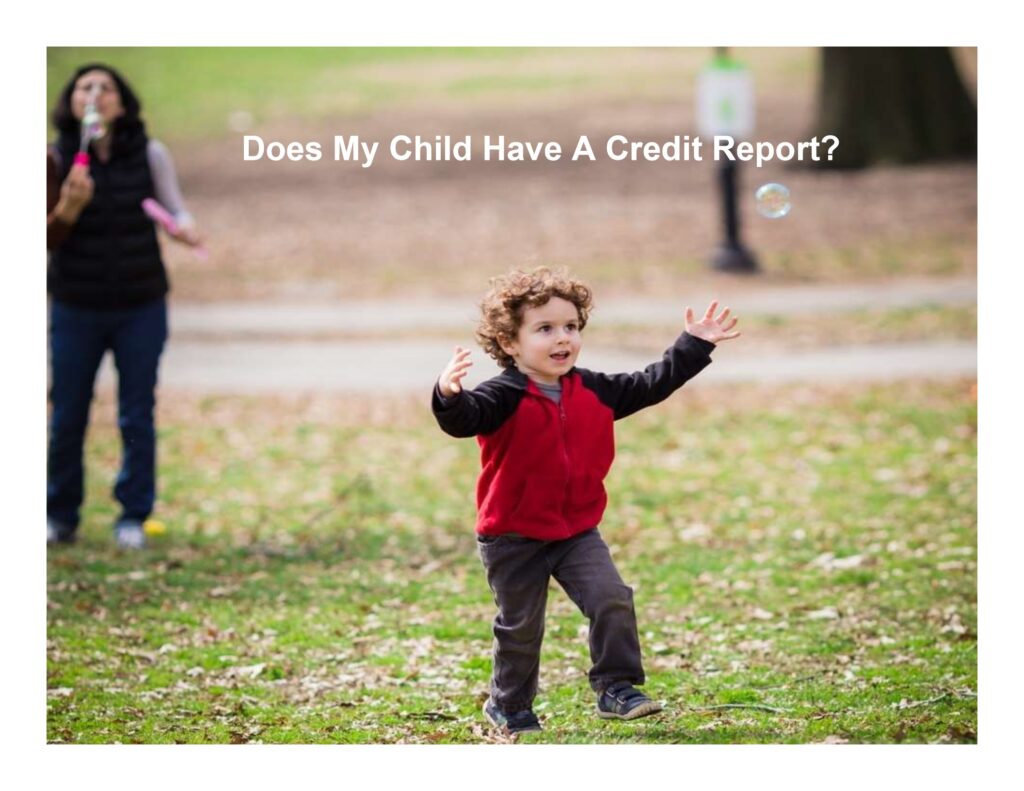I am 18 Years Old and Have No Credit

One of the toughest times to get a credit card and begin your credit history is when you have no credit at all. The trouble is, you often need a credit card to start building a good credit history. The best way to solve this problem is by getting a secured credit card. If you can’t get approved for a traditional credit card, a secured credit card is an alternative you should consider. What’s a Secured Credit Card? What makes a secured credit card different from “regular” credit cards? You will make a deposit to be approved for the secure credit card. This deposit works like a collateral for the purchases you make using the card. If you do not pay your monthly payment, the card issuer keeps your deposit. Therefore, as long as you keep your account in good standing, your credit card issuer will return your deposit to you after a certain period of months. The credit limit on your secured credit card normally is equal to your security deposit. In some cases, your credit limit can be bigger than the deposit. You can use the secured credit card like you use any other credit card. Swipe it for purchases up to your credit limit and make on-time payments each month. Why Secured Credit Card A Good Thing You can easily get approved for a secured credit card with little credit history. They typically report to credit bureaus which you need in order to establish good credit. Since payments are included in your credit report, paying the bills on time will help improve your credit score. After building your credit score, you may be able to qualify for a traditional credit card. Your security deposit is used only in the event of a defaulted payment, otherwise it will remain until the bank decides to give it back to you. Some secured credit cards place your deposit in an interest-bearing savings account. Depending on the interest rate and the amount of time your deposit remains in the account. You might be able to earn a few bucks. Is a Secured Credit Card Worth It? A secured credit card can go a long way in helping you build a good credit score. When you can’t get a traditional credit card, a secured credit card is the best choice for improving your credit and qualifying for other options. Any questions: Call us. The Credit Bureau Phone Number is: 800-518-1077 Option 4
Young Adults, College Students and Credit Reports

1-The infamous T-Shirt The first week of college is an exciting time. Students are away from home and they are exploring their independence. Imagine that when strolling the campus, there is a booth where people are giving away appealing T-Shirts. When you approach them to get one, they have you fill out a form. If you don’t read it carefully, you could inadvertently be applying for a credit card. This could inevitably be your first card, and some students are ill-prepared with this new responsibility. In a few weeks, you will receive your credit card with a minimum of $350 dollars or maybe even a bit higher. What you do with the credit is critical to your future, and it’s essential you are educated around managing your finances. 2- Rental Scams You have decided to live off-campus and are looking for a place to live. You see an ad online, the price is affordable, and the location is great. There is an application online that asks for your name, address, social security number, and date of birth. It also asks for a $25 application fee that requires a credit card. You either have your own or ask your parents to give you a credit card. Now imagine this: after the “property manager” receives your fraudulent rental application along with your credit card information, they disappear. The credit card you have given has been charged for a large amount of money and your social security number and personal information is stolen. If this happens, you need to immediately freeze your credit report. For more information on how to freeze your report, go to the following link: https://thecreditbureau.com/2019/11/how-to-freeze-your-credit-report/ 3- Scholarship Scams Be sure to get background information on scholarships and financial aid at the U.S. Department of Education. Also go to Free Application for Federal Student Aid (FAFSA) if you are trying to apply for student loans. Be weary of online scholarship applications that ask for your checking account for verification. They are most likely stealing your information and your money. 4- Identity Theft Be suspicious of all calls asking for personal information. If you think you need to keep engaging in the conversation, ask for their phone number and simply call them back. School mailboxes are not always secure, so have sensitive mail sent to a permanent address, such as a parent’s home or a post office box. Do not loan your credit or debit card to anyone, even to very close friends. Social Security cards, financial documents, and unused credit cards should not be kept in school dormitories. Locate a shredder and destroy all credit card offers as they can be activated by someone else. Use online paperless for financial statements. Review your credit report at least once a year to look for unauthorized accounts. Use this link to see your report. This website provides credit reports for TransUnion, Experian and Equifax once a year, free of charge. You can go to this link to monitor your report and get help on correcting problems: https://thecreditbureau.com/consumers-credit-reports/ Call us if you have any questions. The Credit Bureau Phone number is: 800-518-1077 Option 4
Credit Reports & Children

Should Children Have Credit Report? Children and Credit Reports: What You Need to Know Children and young adults under the age of 18 typically should not have a credit report or score. If they do, it could be a sign that their Social Security number has been used fraudulently — possibly by someone else to open accounts in their name. To check if your child has a credit report, simply visit the link below. You can view their report free of charge and take steps to protect their identity if needed. www.annualcreditreport.com If you can’t get the report from www.annualcreditreport.com, request your child’s credit report from the credit reporting agencies by writing to them. If your child has no credit, great. But if you see some activity such as credit cards and auto loans, he or she is a victim of fraud. You need to gather the information below and write a letter to the three credit reporting agencies, preferably by registered mail. A copy of your driver’s license or other government-issued identification card Proof of your address, such as a utility bill or an insurance statement A copy of your child’s birth certificate A copy of your child’s Social Security card In the event no credit report has been created for your child, bureaus will send a notice letting you know. If there is one, it will be provided to you. What if Your Child Has a Credit Repot? Notify the credit reporting agencies by mailing a letter with a completed copy of the Federal Trade Commission’s Uniform Minor’s Status Declarations Form. File a police report with your local police. Freeze your child’s credit file. Go to https://thecreditbureau.com/2019/11/how-to-freeze-your-credit-report/ Keep an eye on your child’s credit file by going into www.annualcreditreport.com every year and run the report. The site is run by the United State’s government and provides one report for each agency once a year for free. Question? Call us. The Credit Bureau Phone Number is: 800-518-1077 Option 4

